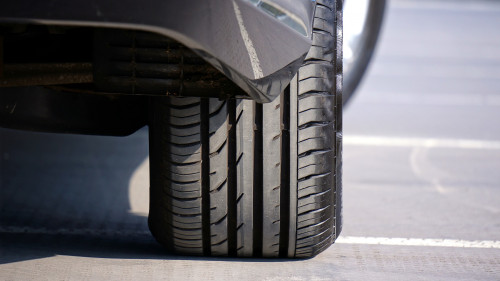CONSTIPATION is one of those ailments that cause a lot of distress for those who suffer from it. My clients confide in me that their main cause for anxiety is the pain from straining. Even the mere anticipation of the pain makes any future bowel movement a worry.
Some get it mildly, while others have more severe constipation. However much it varies, the underlying root cause is the same – waste product that transits slower than normal from the large intestines, causing bowel movements that are infrequent.
Let’s just rewind a bit and get a simplified understanding of the digestion of the foods we eat. Foods that we consume undergo a process called digestion in the stomach, where gastric juices and enzymes start to break them down. From there, the contents move to the small intestines when more enzymes further complete the digestion process so that nutrients are able to be absorbed by our body as nutrition to nourish us.
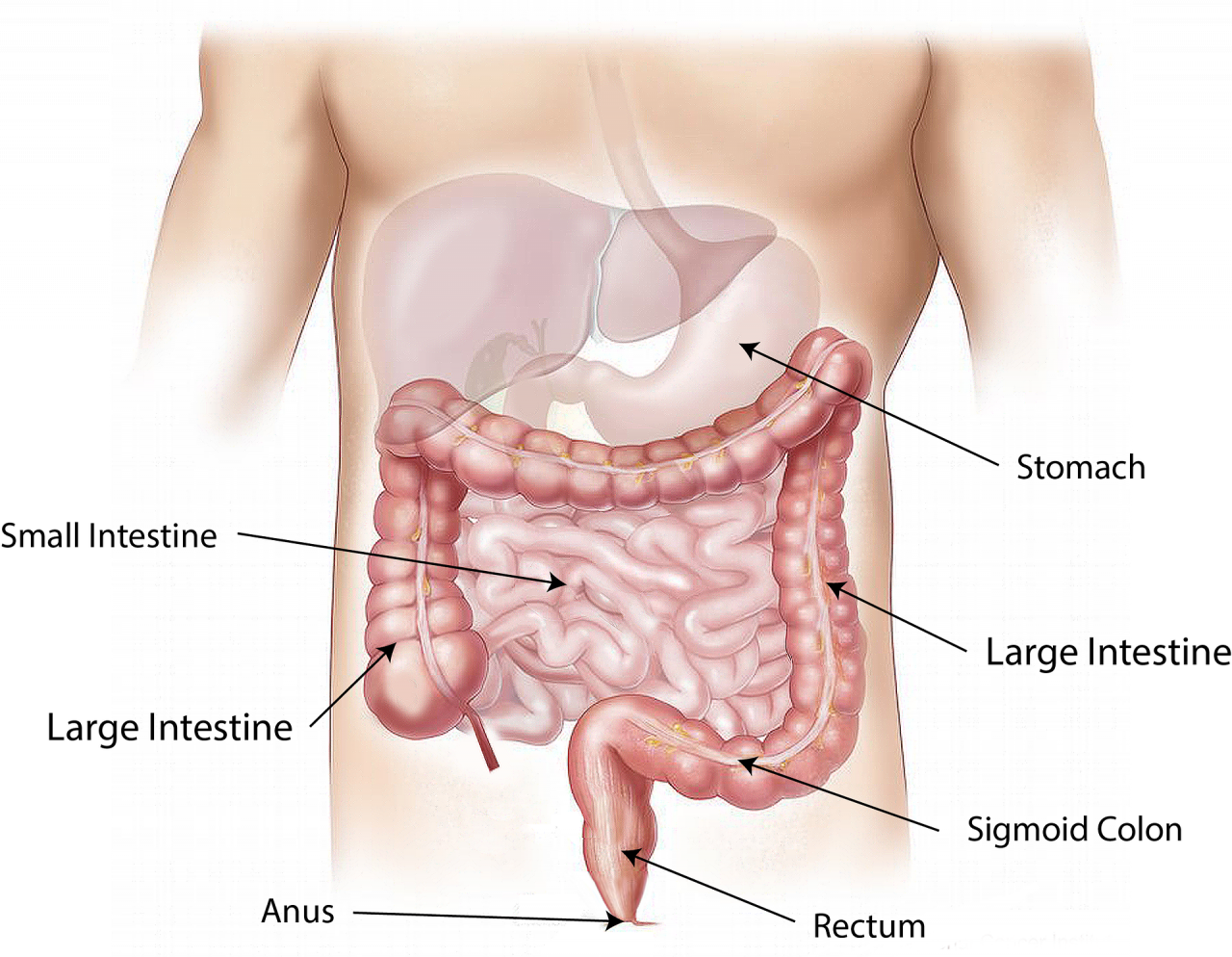
Any undigested parts of the foods we ate move on to the large intestines, where water is absorbed and eventually becomes waste matter. When a person is constipated, the slower transit of waste matter in the large intestines results in even more water being absorbed. Thus, the stools get compacted and hard.
Everyone has a different number of times they have a bowel movement. Typical is one or two times in a day. But it is not uncommon for some people to go 3 to 4 times in a day. Clinically, constipation is defined as having less than three bowel movements in a week.
Constipation can be a symptom of a certain illness a person has, for example hypothyroidism or Hirschprung’s disease, just to name a few. But in otherwise healthy individuals, common causes for constipation range from not eating enough dietary fibre, not drinking enough fluids, being sedentary or the side effect of taking certain medications.
One common mistake I see many people do when trying to deal with their constipation is ignoring the actual root cause. Instead, they self medicate with laxatives and enemas. Over time, they develop an unhealthy dependency for them.
Laxatives and enemas should be used under the advice of a doctor to treat serious constipation. Once it has improved, the use of the laxative should be discontinued. Research shows that excessive use of laxatives and enemas can damage the structure and nerve supply of the colon over time.
To prevent and combat constipation, making some simple changes to your daily diet and lifestyle is key. Here’s what you can do:
Eat enough fibre daily
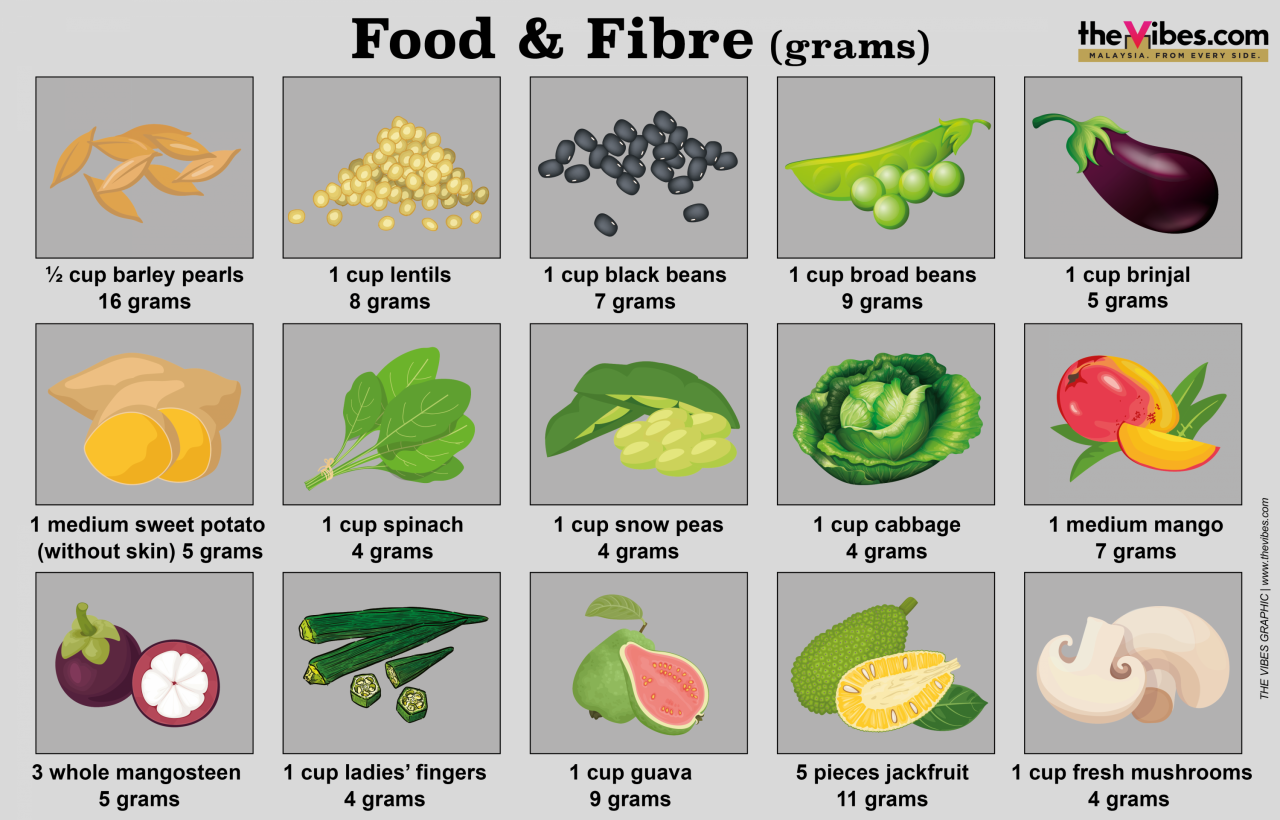
Fibre from the foods we eat is what will bulk up your waste matter, so that it will stimulate contractions in the intestinal walls so that you will have the urge to have a bowel movement.
Foods that are naturally good sources of fibre are whole grains, fruit, vegetables, beans, nuts and seeds. So, start adding these foods into your daily diet. Meats do not contain any fiber. Refined grains, such as white rice or white bread are also low in fibre.
Our Ministry of Health recommends an intake of 20 to 25 grams of fibre per day. However, food intake surveys of Malaysians show that the average Malaysian barely gets half of that amount per day.
What you can do is start making some switches such as having extra helpings of vegetables, snacking on fruit, nuts or beans, switching from white bread to whole grain bread or even trying multigrain rice or oats. Do see a dietitian who can help you to plan delicious ways to increase your fibre intake.
As a tip, do increase your servings of fibre-rich food slowly as the weeks go by to allow your body to get used to it. Plus make sure you drink plenty of water to help it move along.
Stay hydrated
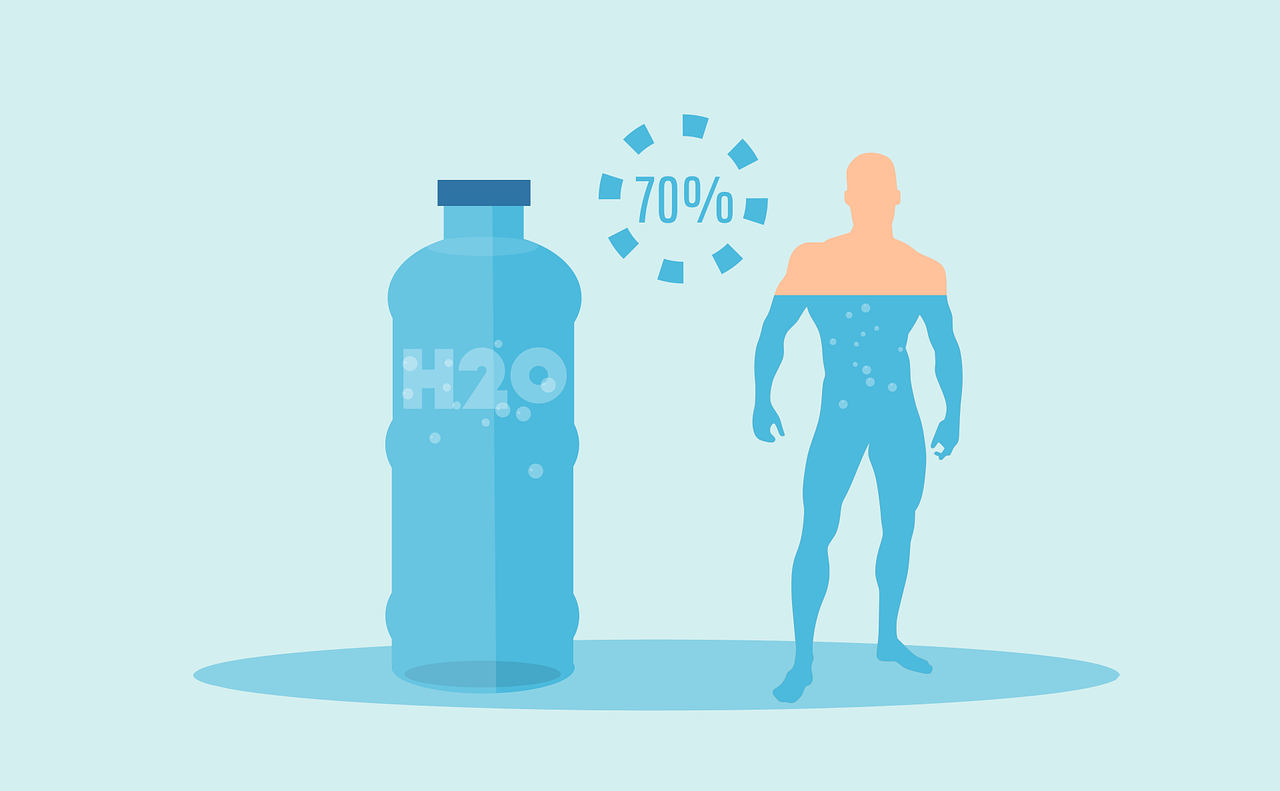
Speaking of drinking water, you should ideally be having 8 to 12 cups of water per day. More if you’re very active.
Getting sufficient hydration is essential for preventing constipation. Plus, it helps to keep your stool soft and moist. This will minimize straining when your stools are dry and hard.
Remember that foods with a high water content, such as soups, vegetables and fruit will add to your overall fluid intake. Also, keep in mind that caffeine found in coffee, tea, carbonated sodas, energy drinks and chocolate are diuretics. This means they draw water out of you.
So, for every caffeinated drink you have, make sure you replenish with an extra cup of water. I usually have a habit of keeping bottles of water wherever I am – in my office, my bedside table, my car, my tote bag, you name it – so I have no excuse not to drink up!
To add some refreshing flavour to my water, I like squeezing in some lemon or lime. Some clients of mine find apps that remind them to drink water and gauge their daily intake to be useful.
Be active

Moving your body increases your heart rate and blood flow, which at the same time stimulates intestinal muscles. So start making being active your “new normal”! Doing your daily exercise is great. But subliminal ways to move more every day counts as well.
To add to my activity I opt to take the stairs whenever I can, do house chores and opt to park my car slightly further away from my destination so I walk more. Our Ministry of Health recommends we use a tracker to meet 10,000 steps per day.
Keep up with these recommended tips to reduce your incidence of constipation and prevent it from recurring. However, do see your doctor if your constipation persists, you experience bleeding or have unusual symptoms. – The Vibes, April 19, 2021
Indra Balaratnam is a consultant dietitian



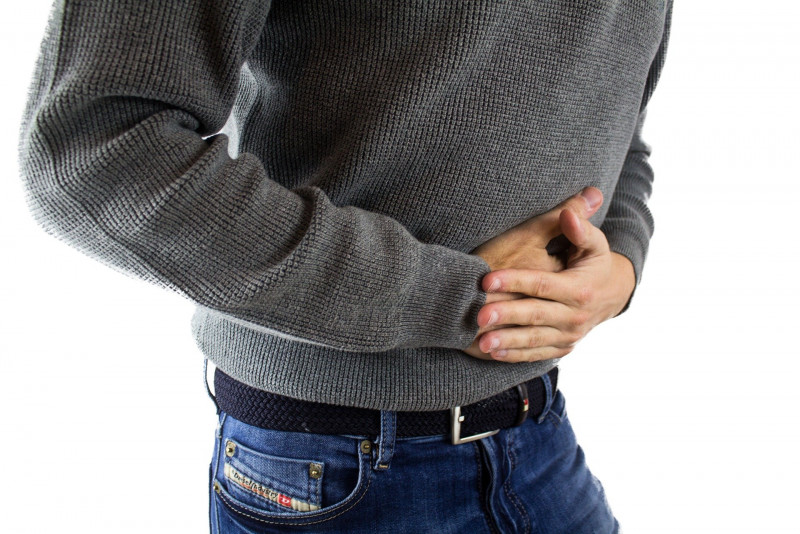











_flanked_by_wong_(right)_and_haryany_(left)_at_the_museum.jpeg)


